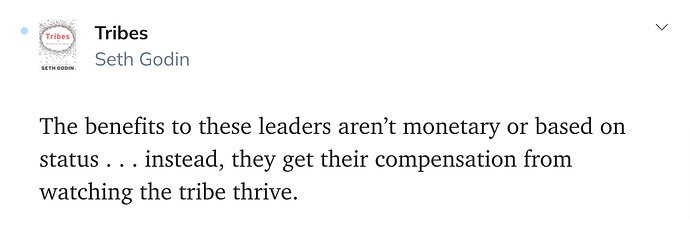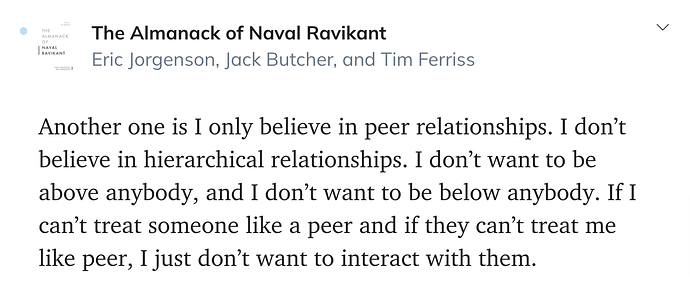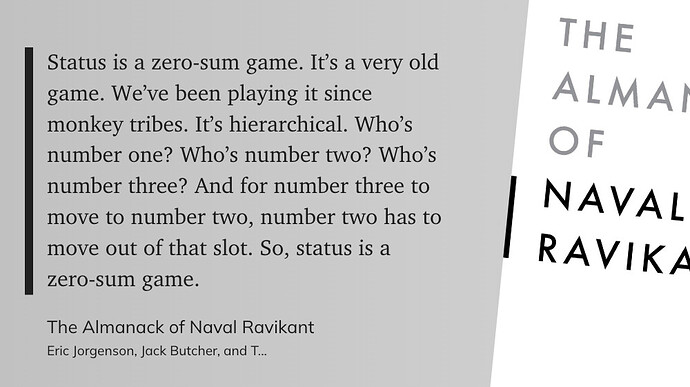Circling
Circling invites us to imagine those we’re engaging with as being in the geometry of a circle, each with a place, role, and unique position. It brings an attitude of inclusion (the circle can expand to fit more participants) and of co-creating in connection with one another (everyone can see everyone else) without the energetic hierarchy that comes with a “stage,” head of the table, or ranked rows of seats.
- A circle has a different kind of power — power WITH — than a traditional pyramid hierarchy (power OVER).
- Circling encourages facilitation (making things easier) as its governance and where roles are selected and accepted based on skills, resourcefulness, and willingness rather than a structured org-chart.
- By their inclusive geometry, circles encourage co-creating with more heartistry and reduced status-seeking and maneuvering for position.
Letting Go of The Monkey Mindset
After 60 million years of us primates living in a dominance hierarchy, we are encouraged by freedom-loving humans who are putting more evolutionary energy into being inclusive co-creators.
Monkey and ape societies function based on dominance. Whether we like it (or are aware of it) or not, our primitive brain determines our relative status long before we’ve “thought about it.”
But status signals are deceiving. Is the taller/bigger person the dominant? Or the one with more money? But, isn’t it that they are driving the hot car, with the fashionable clothes, and the big house? Are not THOSE the things that truly MATTER?!??!
Watching ads, you’d think so. Advertisers learned long ago to trigger and play to our desperation not to be “low status” and to relate the good things in life (which they sell!) to having more status than others.
This does not lead to everyone thriving.
Yes, it’s brought wealth, astounding comforts, and power to those who play the Status Game well… and pass those positions along to their children.
The reason we must address this here, as we explore circling, is that we will need to consciously be aware of those who are self-suppressing their creativity and power because they perceive they are of lower status.
We are primates after all. Status play is endemic to our existence. Sex, money, power… how do we find new orientations that better serve us all?
Research has shown how cooperation benefits everyone more than dominance. Circling is one way we start this.
We can look for ways to recognize contributors for their unique service… and see all circle members as contributors! We can actively let go of the monkey mindset, adapt as humans are so capable, and continue to take inspired action towards a healthier ecosystem.
Useful Questions
- What happens to my sense of belonging if I imagine we’re in a circle here, each of us with a place and valuable role?
- Even though the layout here is not a circle (for example, a Zoom call gallery), what if I take a moment and imagine we’re physically in a circle together and can all see each other?
- Am I trying to put myself “above” anyone here? Am I holding onto status when being a powerful co-creator with others could lead to much better results (and emotional rewards, too)?
- How have I felt when talked “down to” by someone at the front of the class, at the head of the table, or up on the stage?
- How might I actively support others feeling a part of our circle right now? (Giving attentive presence? Affirmation? Amplifying softer voices? Making sure there’s space for everyone to contribute?)
Resources
- Thriving Now Circle - Membership for Emotional Freedom
- Hierarchy is Detrimental for Human Cooperation in Scientific Reports - Article
Related Concepts
Co-Creating, Student-Teacher, Awareness, Hold Space
Links
- Discuss Circling in the Community Center
- Share this link to the Concept of Circling: https://www.thrivingnow.com/concept/circling


